The Oskar Schindler's Enamel Factory, a branch of the Historical Museum of the City of Krakow, is located in Zabłocie District in Krakow, in the administrative building of the former enamelware factory known as Deutsche Emailwarenfabrik (DEF) of Oskar Schindler.
Prior to DEF, it was the facility of the First Małopolska Factory of Enamelware and Tin Products “Rekord”, which was established in March 1937. The notarial documents show the address of the factory's administrative building at 9 Romanowicza Street. It was founded by three Jewish entrepreneurs: Michał Gutman from Będzin, Izrael Kohn from Kazimierz District in Krakow and Wolf Luzer Glajtman from Olkusz. The latter had previously worked in an enamelware factory in Olkusz that was established thirty years earlier. The partners leased production halls with characteristic gable roofs and purchased the plot at 4 Lipowa Street from Fabryka Drutu i Siatek i Wyrobów Żelaznych SA (Wire, Mesh and Iron Products Factory) to establish their plant there. Subsequently, many buildings were erected on the site, which housed: a die-cutting shop (for processing, preparing, and pressing sheet metal), a staining shop (a plant where the dishes were immersed in hydrochloric acid solutions in order to degrease and clean them), and an enamel shop (where layers of enamel were applied: first the primer, then the top coat, and then again the primer and the top coat in several layers). After applying successive layers of enamel, the pots were fired in special enamel furnaces at a temperature of 600-950 degrees Celsius. Then the pots were cooled and moved to the warehouses, from where they were shipped for sale.
The company has undergone several ownership transformations, and its financial situation has gradually deteriorated. In June 1939, the company filed for bankruptcy, which was officially announced by the District Court in Krakow. Dr. Roland Goryczko, a lawyer, was appointed as a receiver in October 1939.
The outbreak of World War II and the entry of German troops to Kraków (6 September 1939) have dramatically changed the situation of the city and its residents. Oskar Schindler, a member of NSDAP and agent of the German military intelligence, Abwehr, also probably came here at that time. Initially, he became the trustee of a Jewish kitchenware store in Krakowska Street, and as early as in November 1939, he took over the trustee management of the bankrupt “Rekord” company in Zabłocie District.
On 15 January 1940, on the basis of an agreement with the receiver, Schindler leased factory buildings at 4 Lipowa Street and 9 Romanowicza Street. He also bought finished goods and semi-finished products. Then, using the capital contribution of the former shareholder of “Rekord,” Abraham Bankier, and the owner of the store in Krakowska Street, Samuel Wiener, he purchased a parcel of land in Lipowa Street. He changed the name of the factory, which then became Deutsche Emailwarenfabrik – DEF. Schindler became the legal owner of the company only in 1942.
Soon after taking over the factory, Schindler began its expansion according to the plans that had been prepared by the former shareholders of “Rekord.” Such an investment was possible thanks to the capital of Jewish entrepreneurs, who in return received goods or employment in the factory. Work began as early as in 1940, with the creation of a payroll office, doctor's and dentist's surgeries, an infirmary, kitchen, cafeteria, horse stables, and car garages. In the following years, a factory hall was erected to house lathes, presses, sheet metal presses, and a tool room. In 1942, the die-cutting hall was extended to form a three-floor building, which housed the pattern shop, warehouses, social and administrative facilities, as well as the office and apartment of the plant owner. The entrance to the factory courtyard was accentuated with two columns and closed with an openwork gate. Two more steam furnaces were added to the plant, and in 1944, a new die-cutting shop, designed by the Siemens construction office, and a large fire tank were added.
The plant produced enamelware using the same technology as before the war. An armaments production department was also set up there, which produced canteens for Wehrmacht, shells, and fuses for artillery and aerial missiles – all of this to ensure that the factory could support itself. The working conditions were harsh, especially at the enamel furnaces and sulfuric acid vats.
Initially, the majority of workers were Poles, but with time the number of Jewish workers recruited through the ghetto labor office increased (March 1941 - March 1943). Poles remained in the plant mainly in administrative positions. The number of Jewish workers rose from over 100 in 1940 to about 1,100 in 1944 (this is the total of workers from the three surrounding factories, quartered in a sub-camp at DEF). In the times of the ghetto in Podgórze District, Jewish workers were led to the factory under the escort of the industrial guards (Werkschutz) or Ukrainians. When the ghetto was “closed” in 1943, the Krakow Jews who escaped death were moved to the Płaszów labor camp. Schindler then applied for permission to establish a sub-camp of the Płaszów camp on the plot of land he had purchased, which was adjacent to DEF. The barracks in Zabłocie accommodated workers of the factory and three neighboring companies carrying out production for the German army. The camp was surrounded by a barbed wire, the guard towers were built, and the Appellplatz was set up between the barracks. A medical service was organized for the sub-camp; medicines were supplied by the Jewish Social Self-Help (JUS). The food conditions were much better than in the Płaszów camp, especially because of the cooperation with Poles and the ability to contact the city through them. Production in the factory and the camp were subject to inspections, and Płaszów camp commandant Amon Goeth often visited there. However, due to Schindler's efforts, inspections were not so oppressive for the plant workers. It was only after Płaszów was transformed into a concentration camp in January 1944 that the prisoners from Zabłocie were placed under permanent SS control. Workday was initially 12 hours in two shifts, then 8 hours in three shifts.
As the eastern front approached Krakow, the Germans began liquidating camps and prisons in the eastern part of the General Government. Due to this, Oskar Schindler decided to evacuate the armaments plant and its workers to Brünnlitz in the Czech Republic. He placed the plant in a former textile factory. The camp in Brünnlitz was a subsidiary of the Gross-Rosen concentration camp. Around 1200 prisoners worked there until 8 May 1945, when the Red Army liberated them.
As a result of the transfer of production to Brünnlitz, production at the plant at 4 Lipowa Street has stopped. Two years after the end of World War II, the factory buildings were nationalised. In the years 1948-2002, the Telecommunication Components Manufacturing Plant “Telpod”, later Telpod SA, operated there. During this time, the factory buildings were remodeled to facilitate the current production. The characteristic entrance gate, the facade of the building on 4 Lipowa Street and gable roofs in the factory halls remained unchanged. In 2005, the former plant premises became the property of the city of Kraków. Following numerous discussions and debates on the future use of the premises of the former Oskar Schindler's factory attended by representatives of many circles, in 2007, the concept of its division between two cultural institutions was accepted. In the administrative building, a project developed by the Historical Museum of the City of Krakow was implemented, which involved the creation of an exhibition presenting the fate of the city and its inhabitants during the German occupation (1939-1945). The factory halls are, in turn, intended to become the Museum of Contemporary Art, which will be opened after their reconstruction according to the design of Italian architects from the studio of Claudio Nardi Architetto, which was selected in the competition.
| Day of the week | Opening hours | ||
|---|---|---|---|
| Monday | 10:00 - 14:00 | ||
| Tuesday | 09:00 - 19:00 | ||
| Wednesday | 09:00 - 19:00 | ||
| Thursday | 09:00 - 19:00 | ||
| Friday | 09:00 - 20:00 | ||
| Saturday | 09:00 - 20:00 | ||
| Sunday | 09:00 - 20:00 | ||
| Holidays | Opening hours |
|---|---|
| 2024.12.26 (Thursday) | 10:00 - 18:00 |
| 2024.12.31 (Tuesday) | 10:00 - 15:00 |
| 2025.05.01 (Thursday) | x |
| 2025.05.03 (Saturday) | x |
| 2025.06.19 (Thursday) | x |
| 2025.08.15 (Friday) | x |
| 2025.11.01 (Saturday) | x |
| 2025.11.11 (Tuesday) | x |
| 2025.12.25 (Thursday) | x |
| 2025.12.26 (Friday) | x |
| Tickets | ||
|---|---|---|
| normal | 36.00 PLN | |
| reduced | 32.00 PLN | |
| family | 72.00 PLN | |
| group | 32.00 PLN | |
| when? | name | where? | about what? | for free | for children | |
|---|---|---|---|---|---|---|
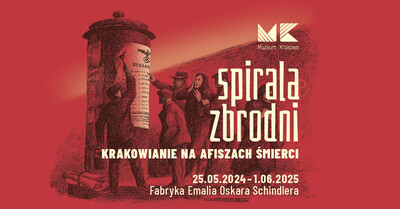 | 2024.05.25-2025.06.01 | Spirala zbrodni. Krakowianie na afiszach śmierci Temporary exhibition | Oskar Schindler's Enamel Factory ul. Lipowa 4 30-702 Kraków Lesser Poland | city, documents, martyrology, The Second World War, utility items | yes | |
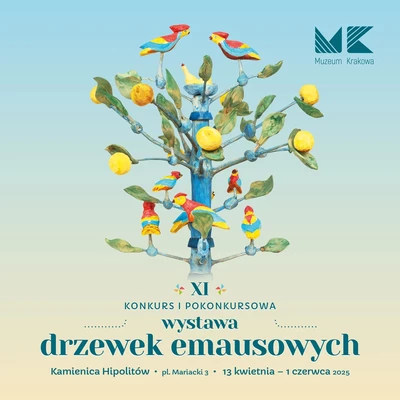 | 2025.04.13-2025.06.01 | XI konkurs i pokonkursowa wystawa drzewek emausowych Temporary exhibition | Hipolit House pl. Mariacki 3 31-042 Kraków Lesser Poland | art crafts, ethnography | ||
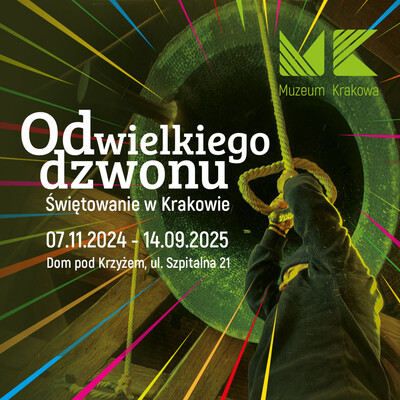 | 2024.11.07-2025.09.14 | Od wielkiego dzwonu. Świętowanie w Krakowie Temporary exhibition | Intangible Heritage Interpretation Centre of Krakow ul. Szpitalna 21 31-024 Kraków Lesser Poland | ethnography | ||
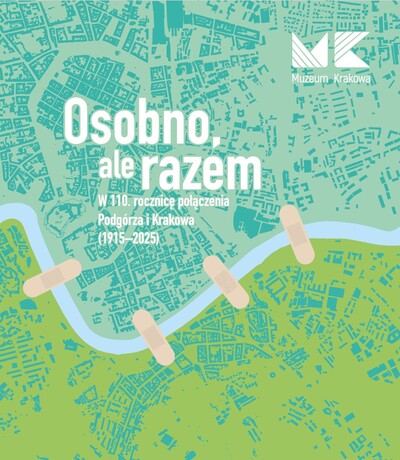 | 2025.02.20-2026.01.04 | Osobno ale razem. W 110. rocznicę połączenia Podgórza i Krakowa 1915-2025. Temporary exhibition | Podgórze Museum ul. Limanowskiego 51 30-553 Kraków Lesser Poland | art crafts, city, devotional articles, documents, medals and badges, painting, utility items | yes | |
| Following the traces of European identity of Kraków Permanent exhibition | Rynek Underground ul. Rynek Główny 1 31-042 Kraków Lesser Poland | archeology, art crafts, city, interiors and everyday life, models, numismatic items, toys, utility items, weapons and militaria | yes | |||
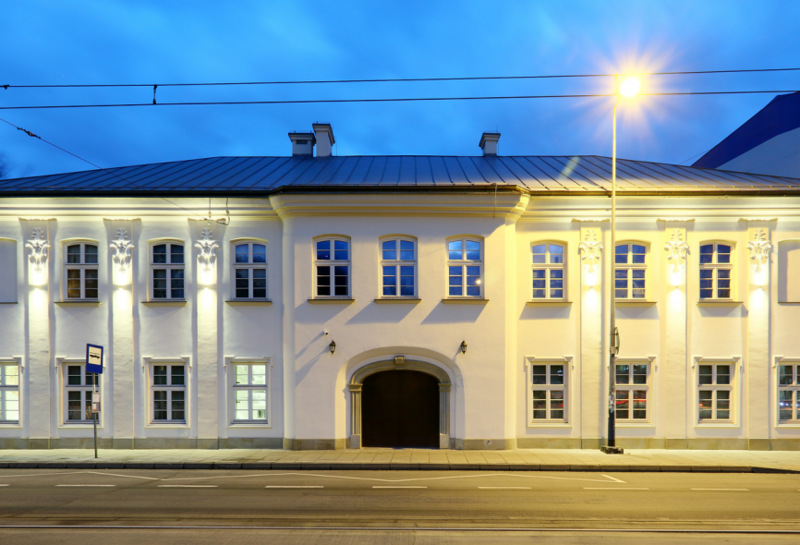 | In the Shadow of Krak’s Mound Permanent exhibition | Podgórze Museum ul. Limanowskiego 51 30-553 Kraków Lesser Poland | city | yes | ||
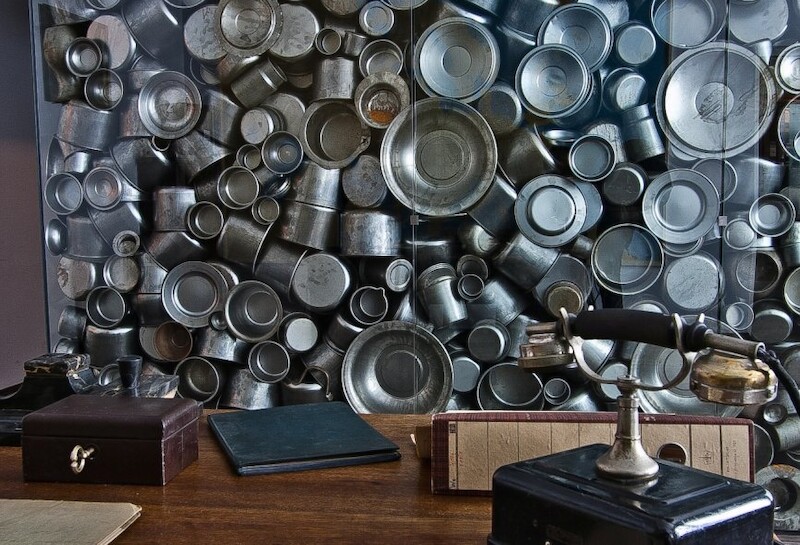 | Kraków under Nazi Occupation 1939–1945 Permanent exhibition | Oskar Schindler's Enamel Factory ul. Lipowa 4 30-702 Kraków Lesser Poland | city, documents, installations, interiors and everyday life, martyrology | yes | ||
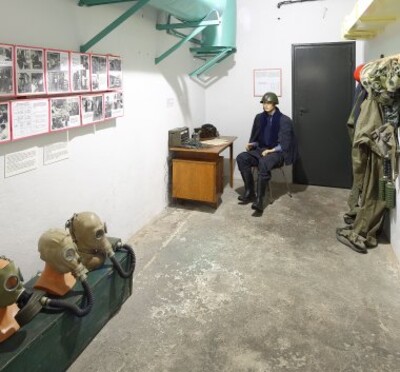 | Nuclear threat Permanent exhibition | Nowa Huta Museum os. Centrum E 1 31-934 Kraków Lesser Poland | city | yes | ||
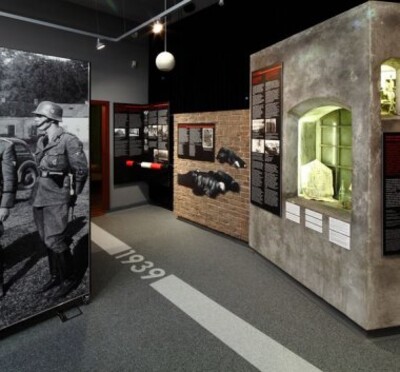 | People of Kraków in Times of Terror 1939-1945-1956 Permanent exhibition | Pomorska Street ul. Pomorska 2 30-039 Kraków Lesser Poland | city, documents, interiors and everyday life, martyrology | yes | ||
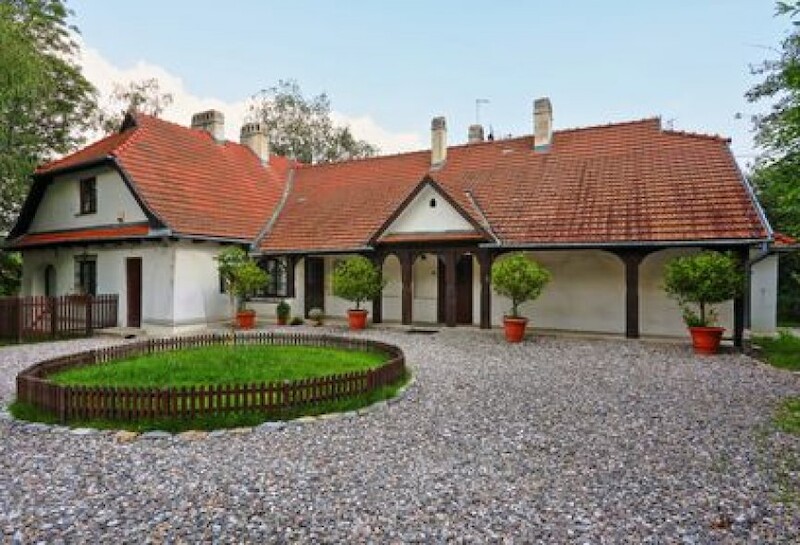 | Permanent exhibition Permanent exhibition | Rydlówka ul. W. Tetmajera 28 31-352 Kraków Lesser Poland | art crafts, interiors and everyday life, literature, painting, theater, utility items | yes | ||
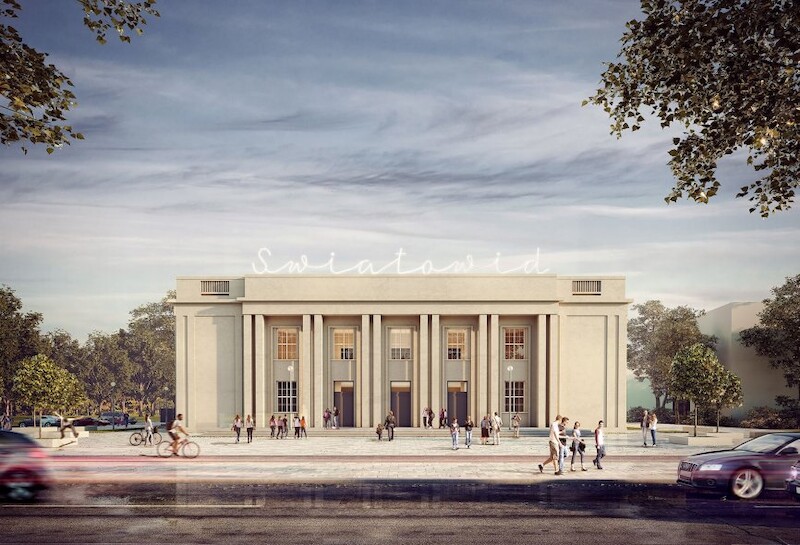 | State of Emergency Permanent exhibition | Nowa Huta Museum os. Centrum E 1 31-934 Kraków Lesser Poland | city | yes | ||
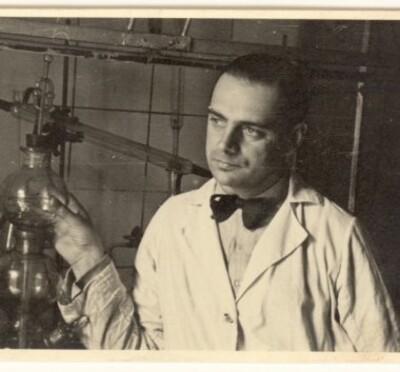 | Tadeusz Pankiewicz’s Pharmacy in Kraków Ghetto Permanent exhibition | Eagle Pharmacy pl. Bohaterów Getta 18 30-547 Kraków Lesser Poland | city, interiors and everyday life, martyrology, utility items | yes | ||
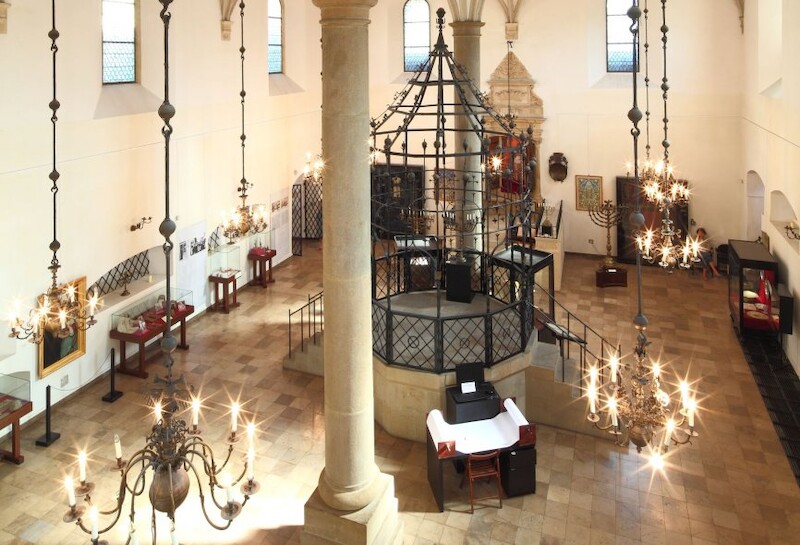 | The history and Culture of Jews in Kraków Permanent exhibition | Old Synagogue ul. Szeroka 24 31-053 Kraków Lesser Poland | art crafts, devotional articles, documents, interiors and everyday life, painting, religions | yes | ||
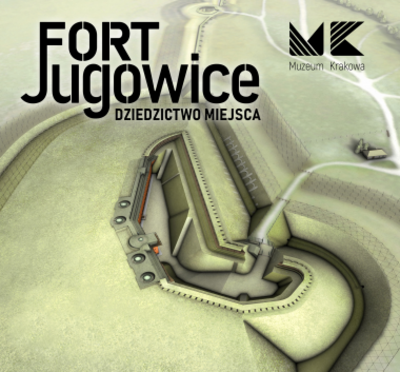 | Fort Jugowice. Dziedzictwo miejsca Permanent exhibition | Museum of the Scouting Movement ul. Forteczna 30-437 Kraków Lesser Poland | army, city, interiors and everyday life, war - other conflicts | yes | yes | |
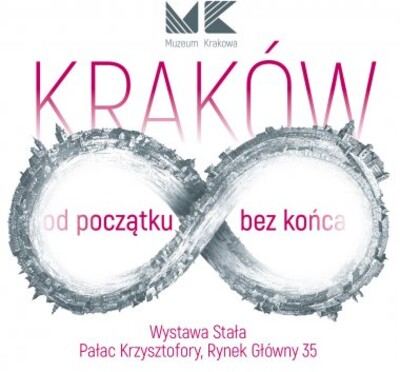 | Kraków od początku, bez końca Permanent exhibition | Krzysztofory Palace ul. Rynek Główny 35 31-011 Kraków Lesser Poland | art crafts, city, painting, utility items | yes | ||
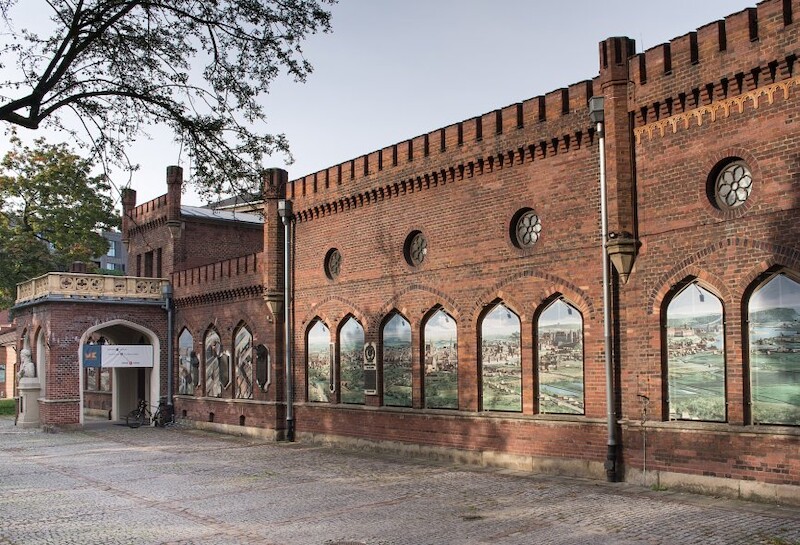 | Krakowskie Bractwo Kurkowe i obronność miejska Permanent exhibition | Celestat ul. Lubicz 16 31-054 Kraków Lesser Poland | art crafts, city, devotional articles, interiors and everyday life, painting, weapons and militaria | |||
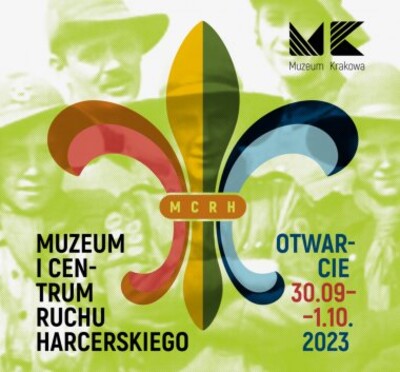 | Harcerskie Ścieżki Permanent exhibition | Museum of the Scouting Movement ul. Forteczna 30-437 Kraków Lesser Poland | history | yes |